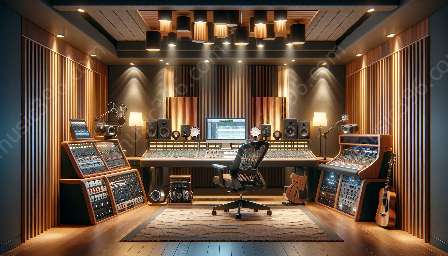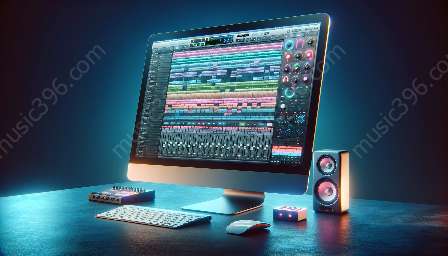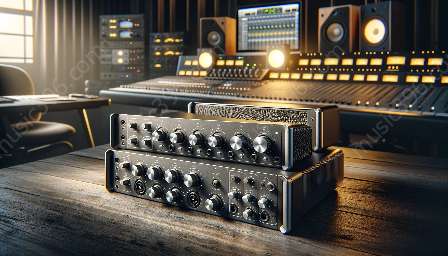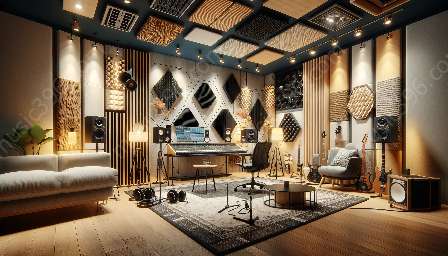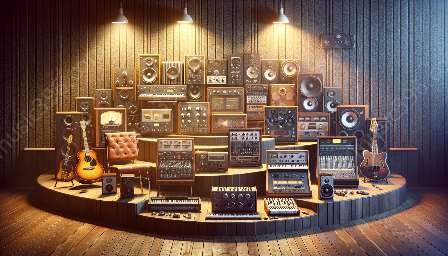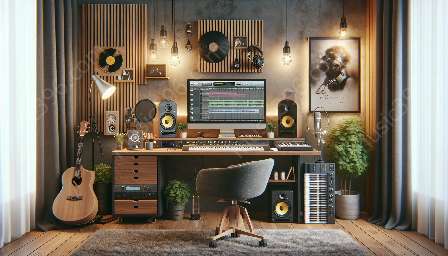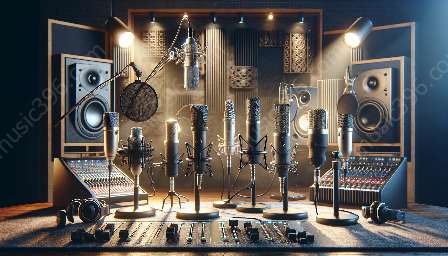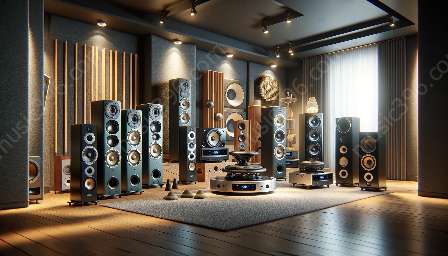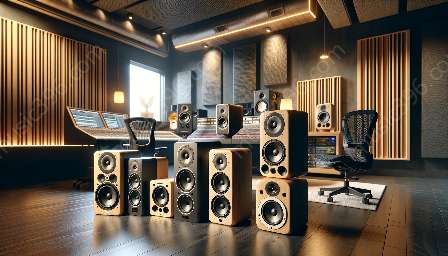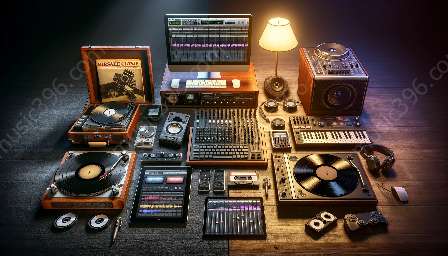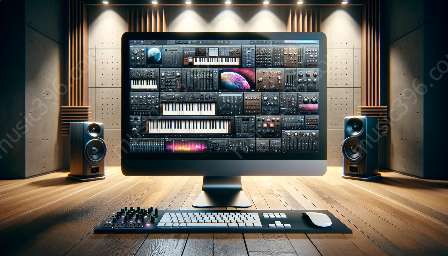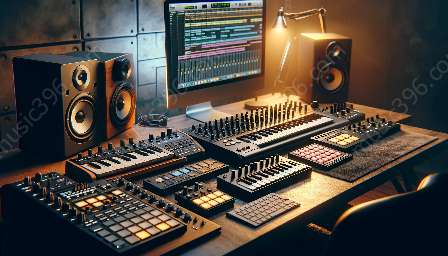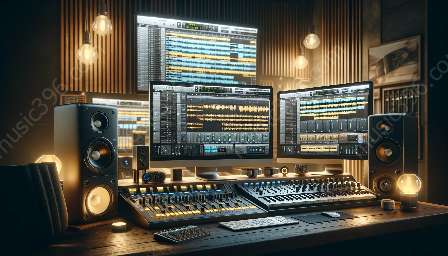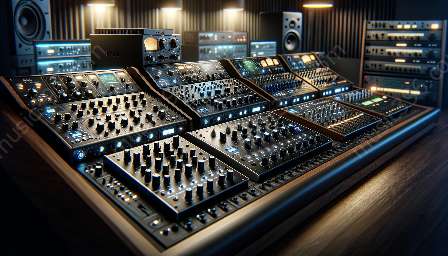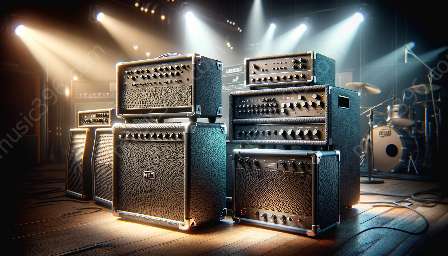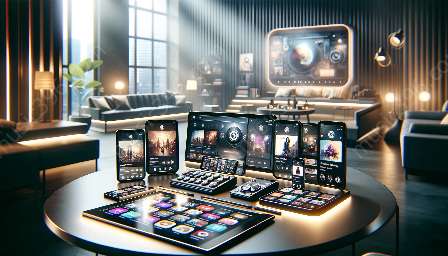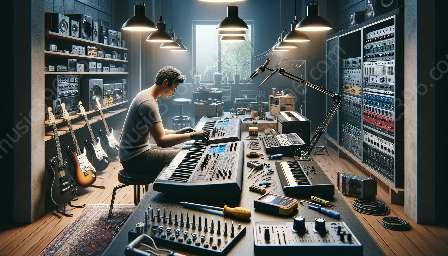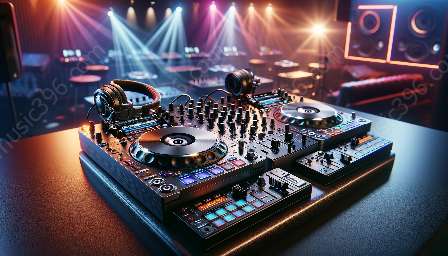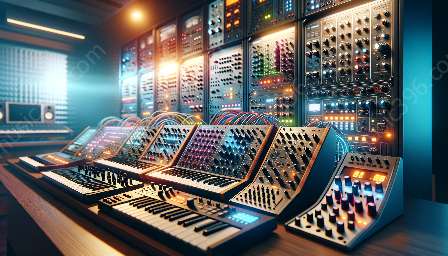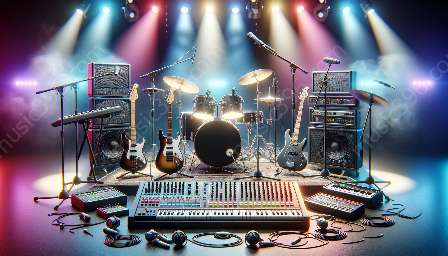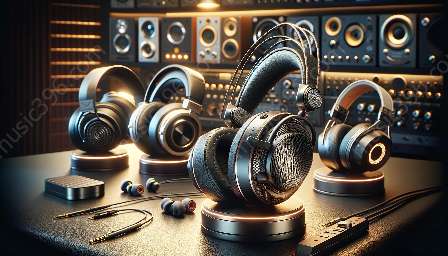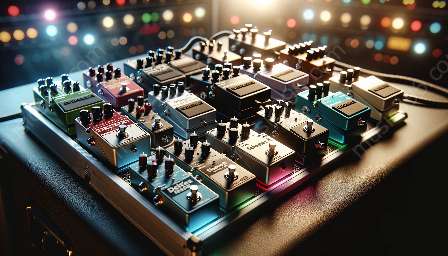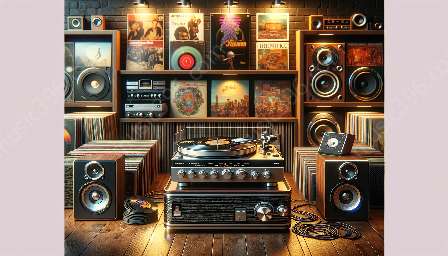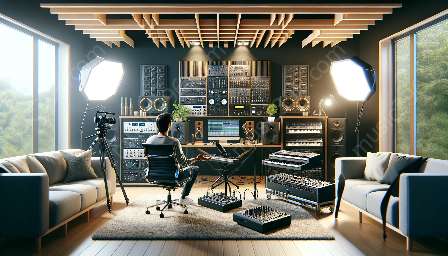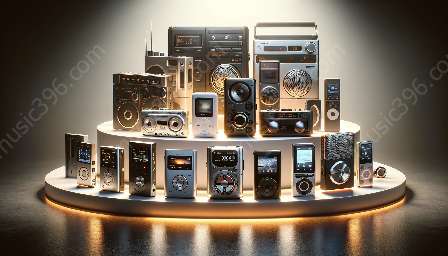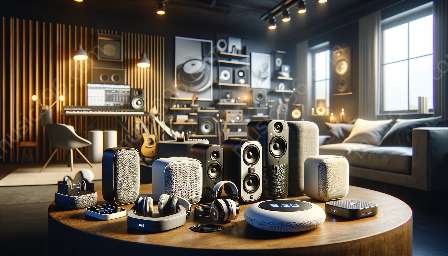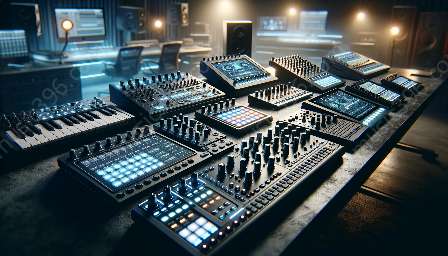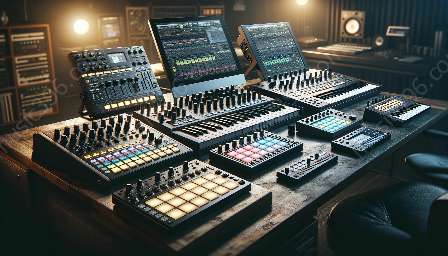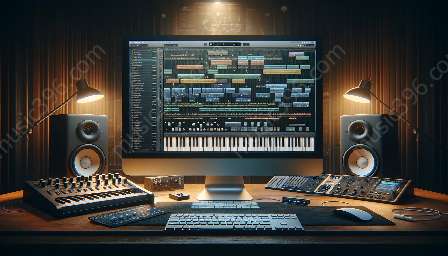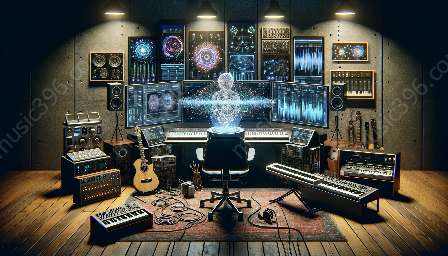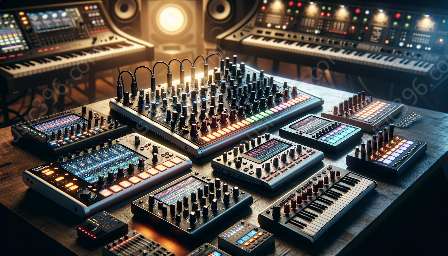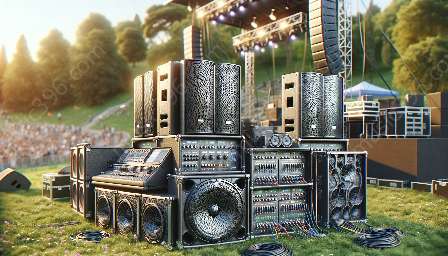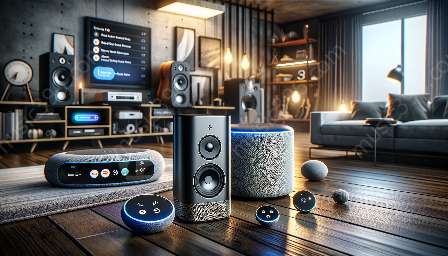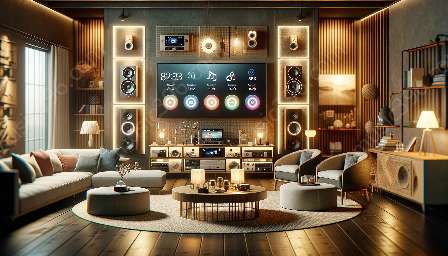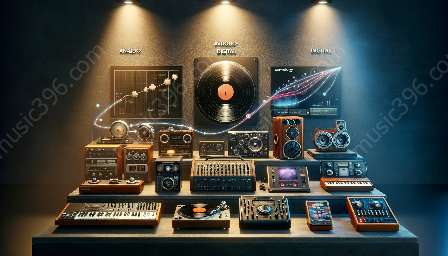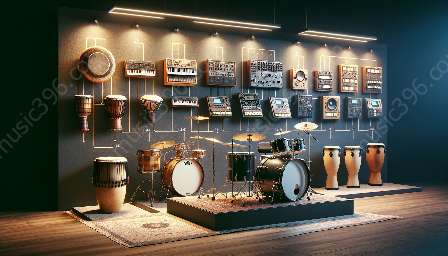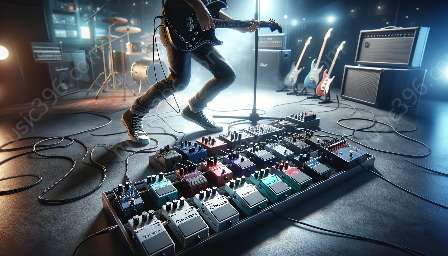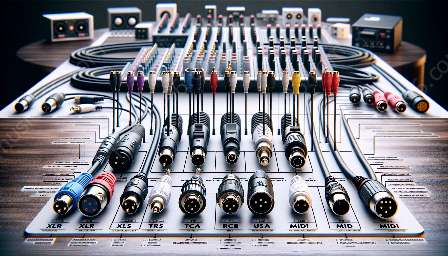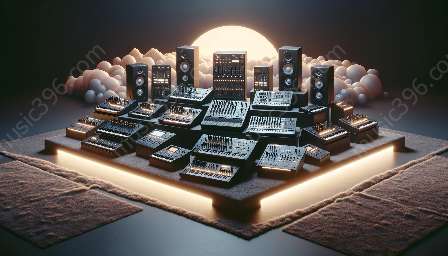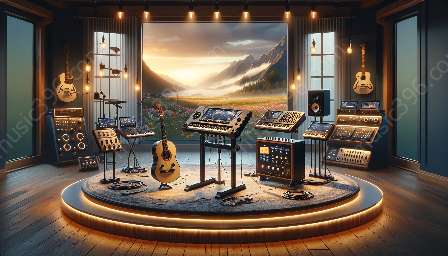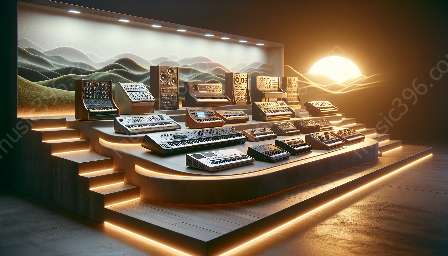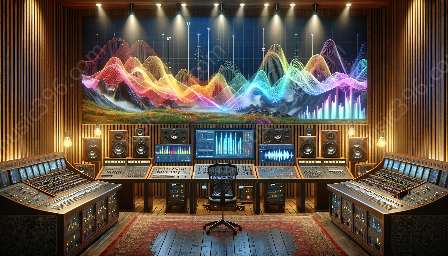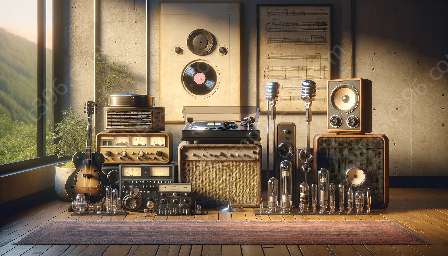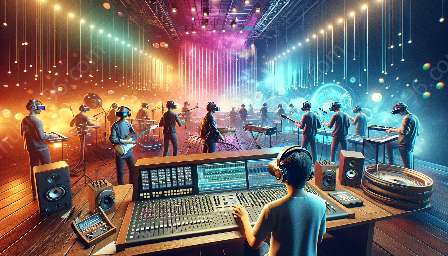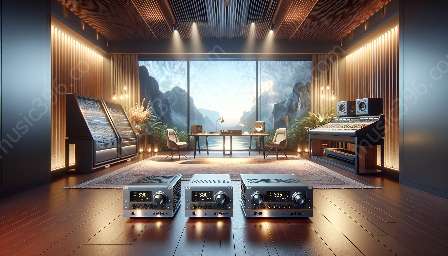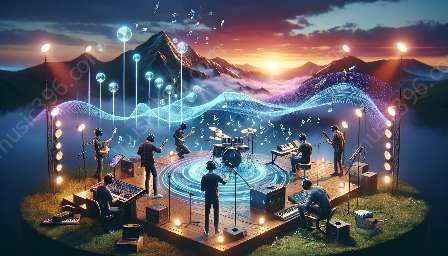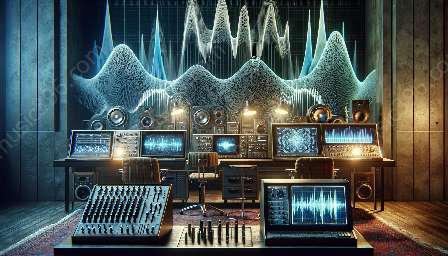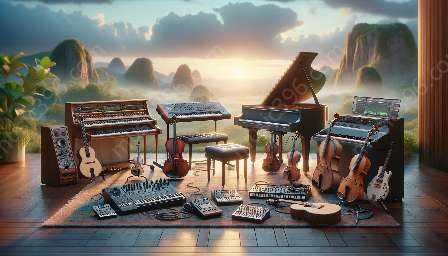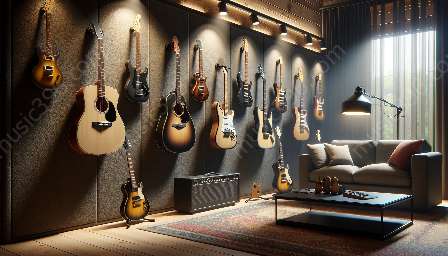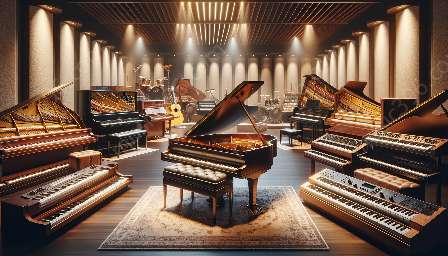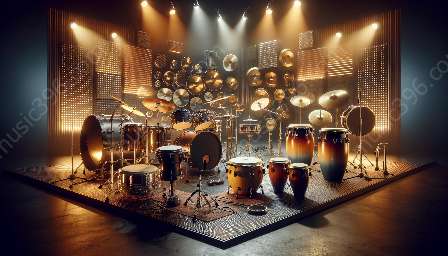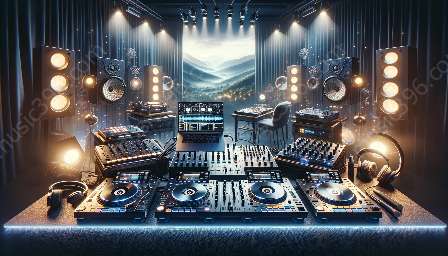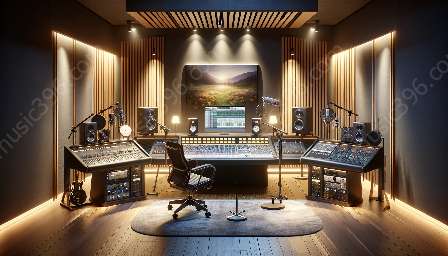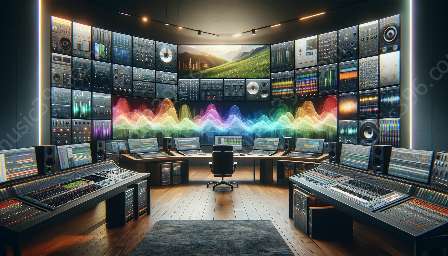Virtual reality (VR) technology has made significant advancements in recent years, opening up new possibilities for its use in various fields. One of the exciting areas where VR is making a significant impact is music production. In this article, we'll explore the potential applications of virtual reality in music production and its role in shaping the future of music equipment and technology.
The Role of Virtual Reality (VR) in Music
Virtual reality is redefining the way musicians, producers, and audio engineers interact with music and sound. With VR, users can immerse themselves in a three-dimensional virtual space, providing an unprecedented level of control and creativity in music production. VR technology allows musicians to manipulate and visualize sound in a more intuitive and immersive manner, ultimately enhancing the overall music production experience.
Enhanced Immersion and Spatial Awareness
Virtual reality provides a heightened sense of immersion, allowing music producers to visualize and interact with their music in a spatially realistic environment. This enhanced spatial awareness can lead to more accurate mixing, sound placement, and spatial effects, resulting in more immersive and impactful music productions.
Virtual Studio Environments
VR technology enables the creation of virtual studio environments that simulate real-world recording and production spaces. Artists and producers can navigate and work within these virtual studios, leveraging innovative tools and interfaces to streamline their creative workflows. This not only expands the possibilities for collaboration but also offers a more cost-effective and flexible approach to music production.
Interactive Live Performances
With VR, musicians and audiences can engage in interactive live performances that transcend physical limitations. Through virtual concerts and performance experiences, artists can reach global audiences with unprecedented levels of immersion and interactivity. VR technology also opens up new opportunities for designing unique and engaging live performances that merge music, visuals, and interactive elements.
Impact on Music Equipment & Technology
The integration of virtual reality into music production is revolutionizing the way musicians and audio professionals use and interact with music equipment and technology. VR technology is driving advancements in the following areas:
Virtual Instrumentation and Equipment
VR has the potential to revolutionize the design and functionality of musical instruments and equipment. Virtual instruments can be created and manipulated within immersive VR environments, offering new possibilities for instrument design, customization, and performance. VR technology also enhances the accessibility and affordability of traditional instruments through virtual simulations and training platforms.
Music Production Software and Interfaces
VR is influencing the development of music production software and interfaces, leading to more intuitive and immersive tools for creating, mixing, and mastering music. VR-driven interfaces provide a more natural and tactile approach to music production, allowing users to engage with their audio projects in a spatially oriented manner.
Collaborative Workflows and Remote Access
Virtual reality facilitates collaborative music production workflows by enabling remote access and real-time interaction within virtual studio environments. Artists and producers can seamlessly collaborate and communicate, regardless of geographic locations, through VR-powered platforms. This level of connectivity and accessibility enhances the potential for global collaboration and cross-disciplinary artistic partnerships.
Training and Education
VR technology presents new opportunities for music education and training, offering immersive learning experiences for aspiring musicians and audio professionals. Virtual reality can simulate realistic performance spaces, recording studios, and live sound environments, providing hands-on training and skill development for music production and audio engineering.
In Conclusion
As virtual reality continues to evolve, its impact on music production and the broader music industry is becoming increasingly significant. The potential applications of VR in music production are broad and diverse, spanning from enhanced spatial awareness and interactive performance experiences to the transformation of music equipment and technology. With VR technology driving innovation and creativity in music production, the future holds exciting possibilities for musicians, producers, and audio professionals alike.

